‘Lots of books, Scrabble, a pack of cards and James Norton. Oh, and some wine’: Alison Weir’s consuming passions
The Sunday Times bestselling author, 74, on her literary hero, her collection of jigsaw puzzles that she never has time to do and her celebrity crush.

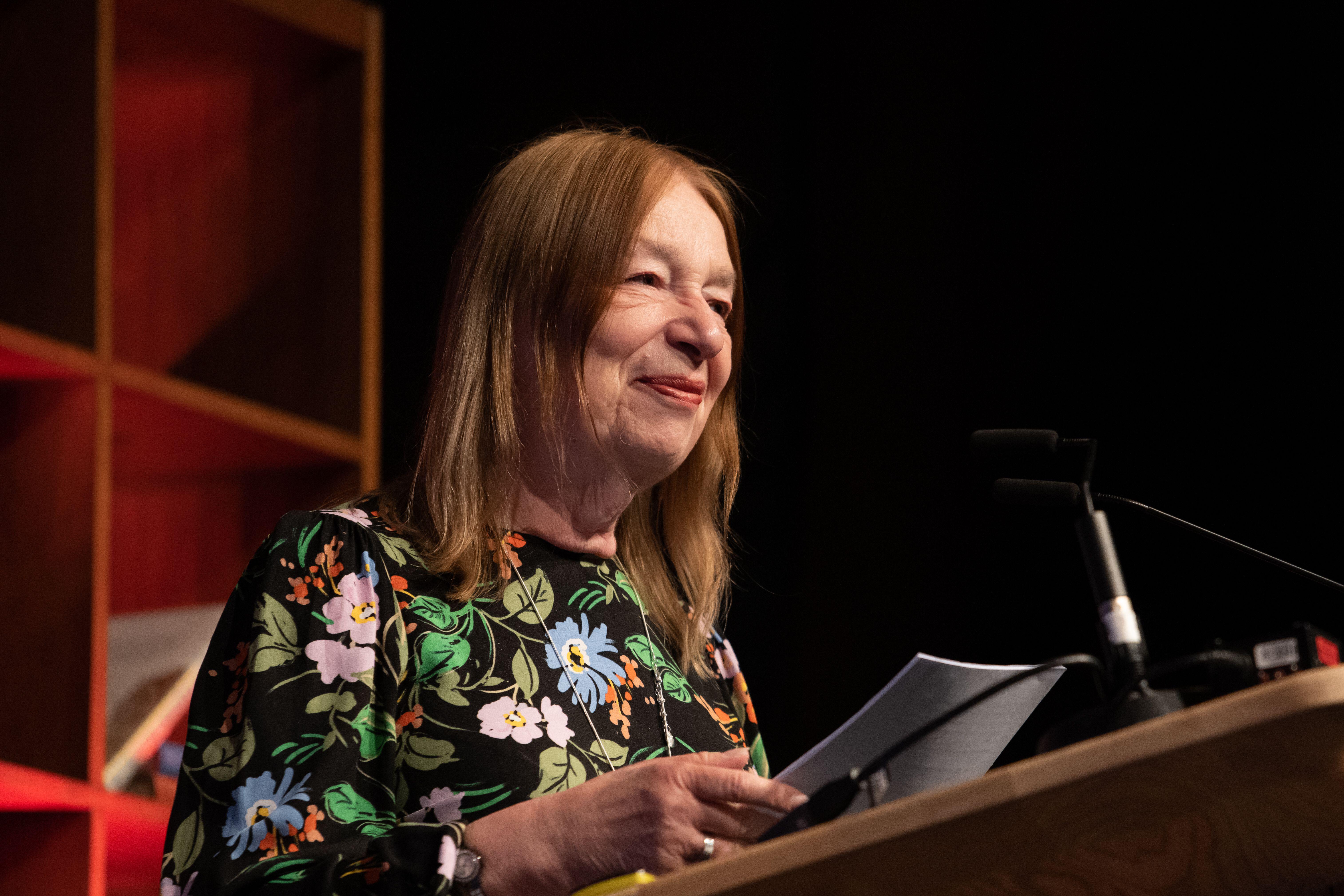
Exquisite houses, the beauty of Nature, and how to get the most from your life, straight to your inbox.
You are now subscribed
Your newsletter sign-up was successful
Alison Weir is potentially the nicest woman in publishing, but she is certainly the biggest-selling female historian in the UK (since records began in 1997). The sheer volume of her output is impressive in itself, with 32 titles to her name — a mixture of non-fiction and historical fiction. At 74, she is showing no signs of slowing down: today is the publication date of her latest offering, Queens at War.
Born Alison Matthews in 1951, the author was brought up in Westminster, London. She was educated at the City of London School for Girls, North Western Polytechnic and then at the University of North London where she gained her teaching qualifications (History, of course). She later gave this up due to her dislike for the ‘modern teaching methods’ her school was employing and went on to work in the civil service, writing in her spare time.
Her parents had split up ‘rather acrimoniously’ by this point, which came as a ‘bolt out of the blue’ for Alison. ‘Things went wrong,’ she recalls. ‘They’d had a very happy marriage.’ Her mother was delighted when she decided to become an author (‘No one was more thrilled when I got into print’). Her father, less so. ‘He was really into ancient history,’ the author says. ‘He wasn't that keen on medieval Tudor history and we didn't have an easy relationship.’
It was in 1971 that she met her husband, Rankin, ‘an absolute diamond’ at a Battle of Britain Dance at Kensington Town Hall. Her mother took her, unwillingly: ‘I’m not going to be seen dead ballroom dancing, aged 20,’ Alison thought at the time. The pair went on to have two children together — a son and a daughter — and moved around before settling in Surrey. Sadly, Rankin passed away two years ago. ‘We had 52 wonderful years together. He was a civil servant, who did very well, but he actually gave up work to support [my writing career, later on], because we had a son who had special needs and needed support,’ Alison says, her grief for him still palpable.
Celebrating 50 years with my husband Rankin today - he's the best thing that ever happened to me. pic.twitter.com/zHR3X61e0BSeptember 11, 2021
It was in 1989 that her first book, Britain’s Royal Families, was published. ‘I’m still pinching myself,’ she says. She had spent 22 years working on it, and just shy of 20 working on another, only to have it consistently rejected for being too long. ‘I got so demoralised, I didn’t write or finish anything for a long time after that,’ she says. It was later published in 1991, becoming her second book (The Six Wives of Henry VIII). Her biographies of Katherine Swynford, Isabella of France, Elizabeth of York, Eleanor of Aquitaine and the Princes in the Tower followed — many of these written while she was running a school for children with learning difficulties.
Then came fiction. Alison has written wildly popular novels centring around the Medieval English Queens, Henry VIII and each of his wives. In fact, it was Katherine of Aragon who kickstarted her love for history at the age of 14. ‘My mother marched me into a library and said: “Get a book”,’ Alison recalls. ‘I saw this very lurid book with a very lurid jacket called Henry’s Golden Queen and I devoured it in two days. Of course, it was quite sexy for its time, and I’d never read a book like that before.’
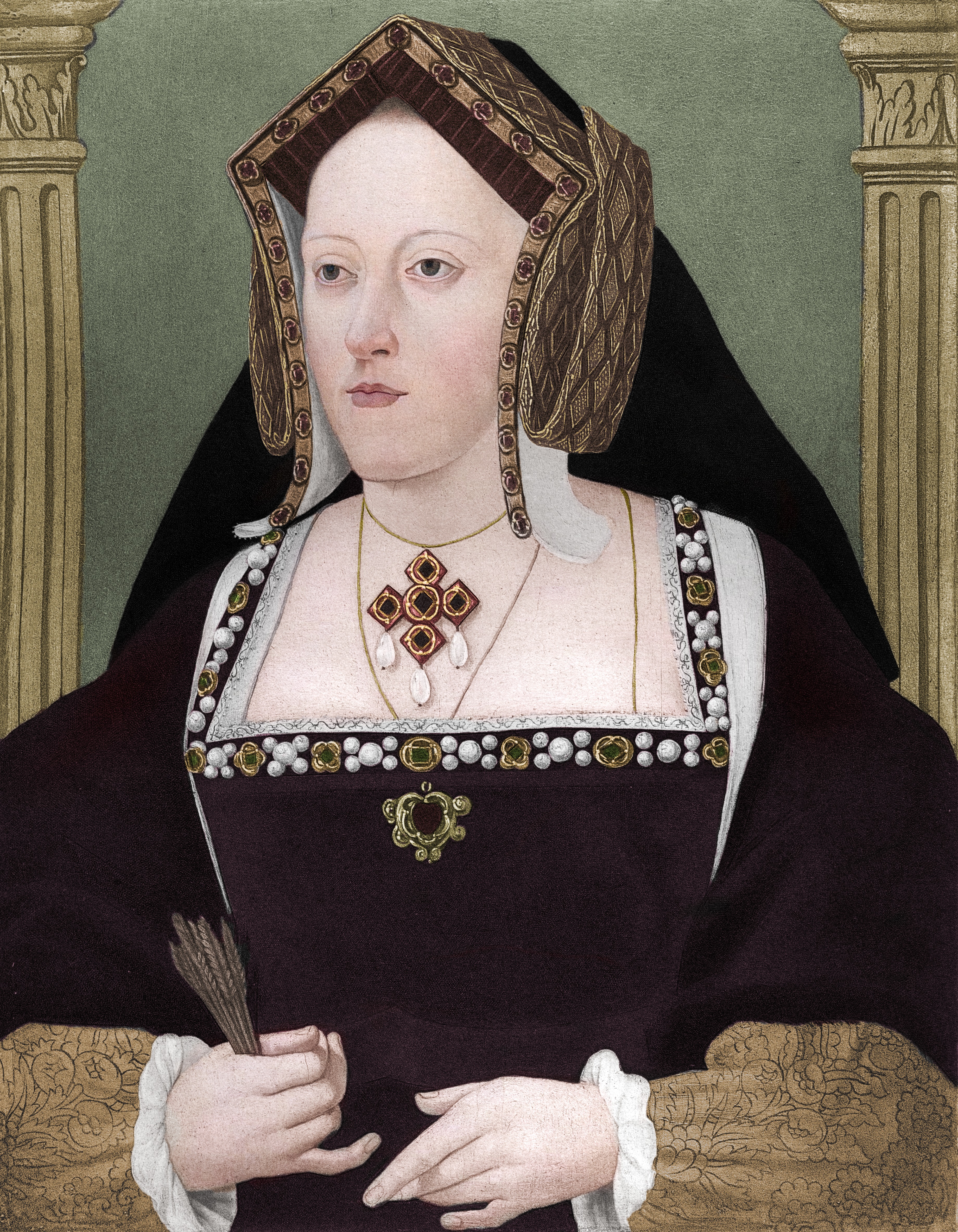
Katharine of Aragon was King Henry VIII's first wife. They married on June 11, 1509 and their marriage was annulled May 23, 1533.
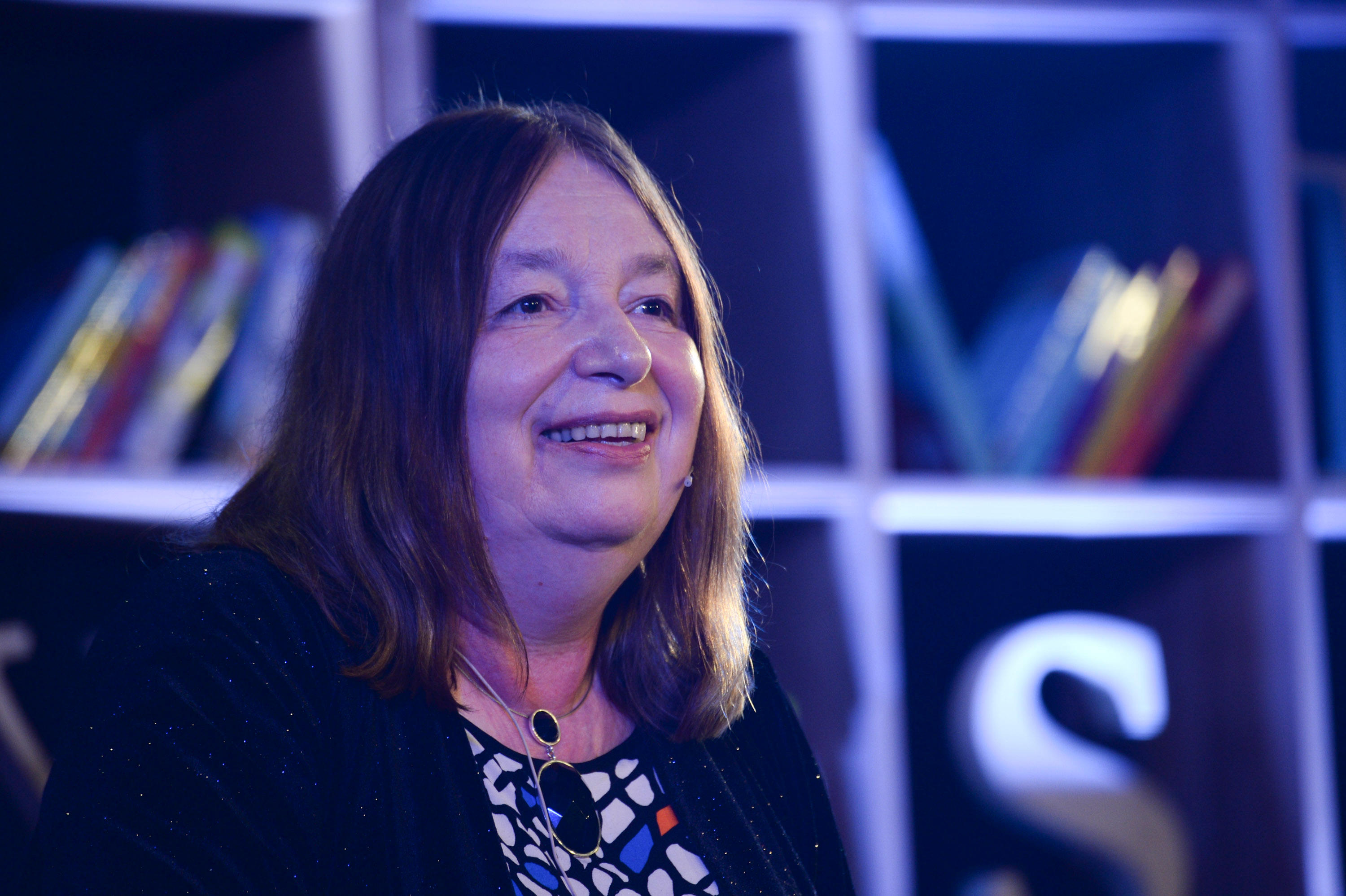
Alison Weir speaking at the Hay Festival.
‘I thought, did they really go on like that in those days? So I rushed off to the school library when I was next at school, to the history books, to find out the truth. And yes they really did go on like that.’
Exquisite houses, the beauty of Nature, and how to get the most from your life, straight to your inbox.
It is the Tudor period that truly holds her heart, as well as her carnal imagination, and as Alison’s career progressed so did her book titles. The rather plainly named Britain’s Royal Families gave way to more titillating titles such as Isabella: She-Wolf of France, Queen of England; Katherine Swynford: The Story of John of Gaunt and his Scandalous Duchess; and, my personal favourite, Mary Boleyn: The Great and Infamous Whore.
However, being a writer in the popular history genre does not come without its critics: namely academics, of which Alison herself is one. The historian Diarmaid MacCulloch, in one book review, chastised Weir: ‘Tudor England is more than royal wardrobe lists, palaces and sexual intrigue’. However, the author’s book-sales tell a different story, and Kathryn Hughes wrote in The Guardian in 2005 that ‘to describe her as a popular historian would be to state a literal truth — her chunky explorations of Britain's early modern past sell in the kind of multiples that others can only dream of’.
Who is your hero, when it comes to the written word?
My favourite author of all time is Norah Lofts, she died in the 80s, but I’ve got all 63 of her books, and I find them absolutely inspirational, and I was instrumental in getting some of them back into print.
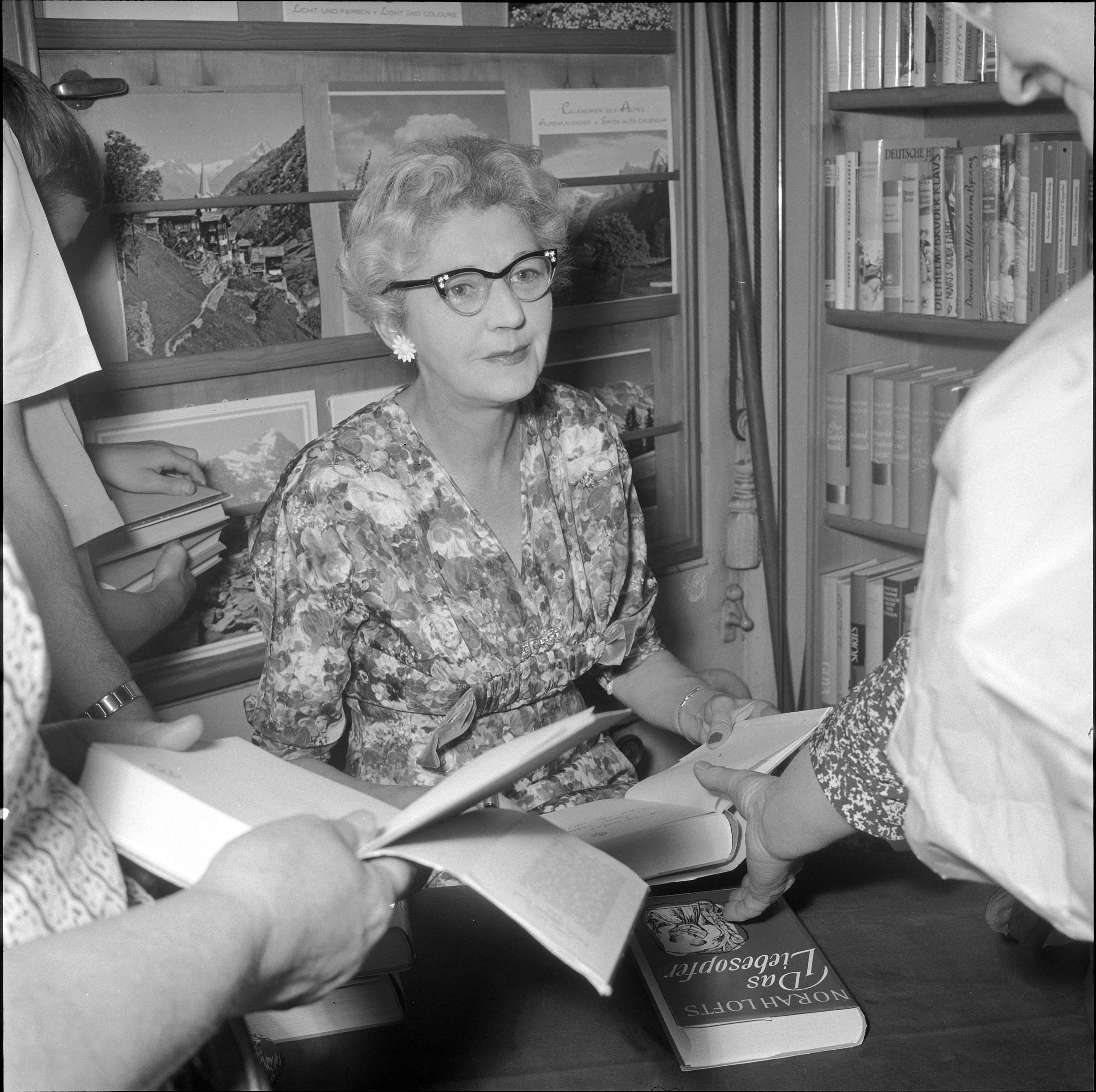
The author Norah Lofts in Zurich 1957.
What’s an exhibition that has really impressed you?
The David Bowie exhibition at the V&A Museum. It was absolutely incredible. I went with my daughter, she had to drag me out.
What’s the last thing of note you bought yourself?
A very nice dress from Monsoon.
What’s your favourite painting?
I think Giovanni Bellini’s The Portrait of Doge Leonardo Loredan, which is in the National Gallery. I love that, but I also love the paintings of Holbein, especially his portraits, so it's hard to have a definitive favourite painting. I could say I love the one of Anne Boleyn in the National Portrait Gallery, but it's not great art. It's more what it evokes for me.
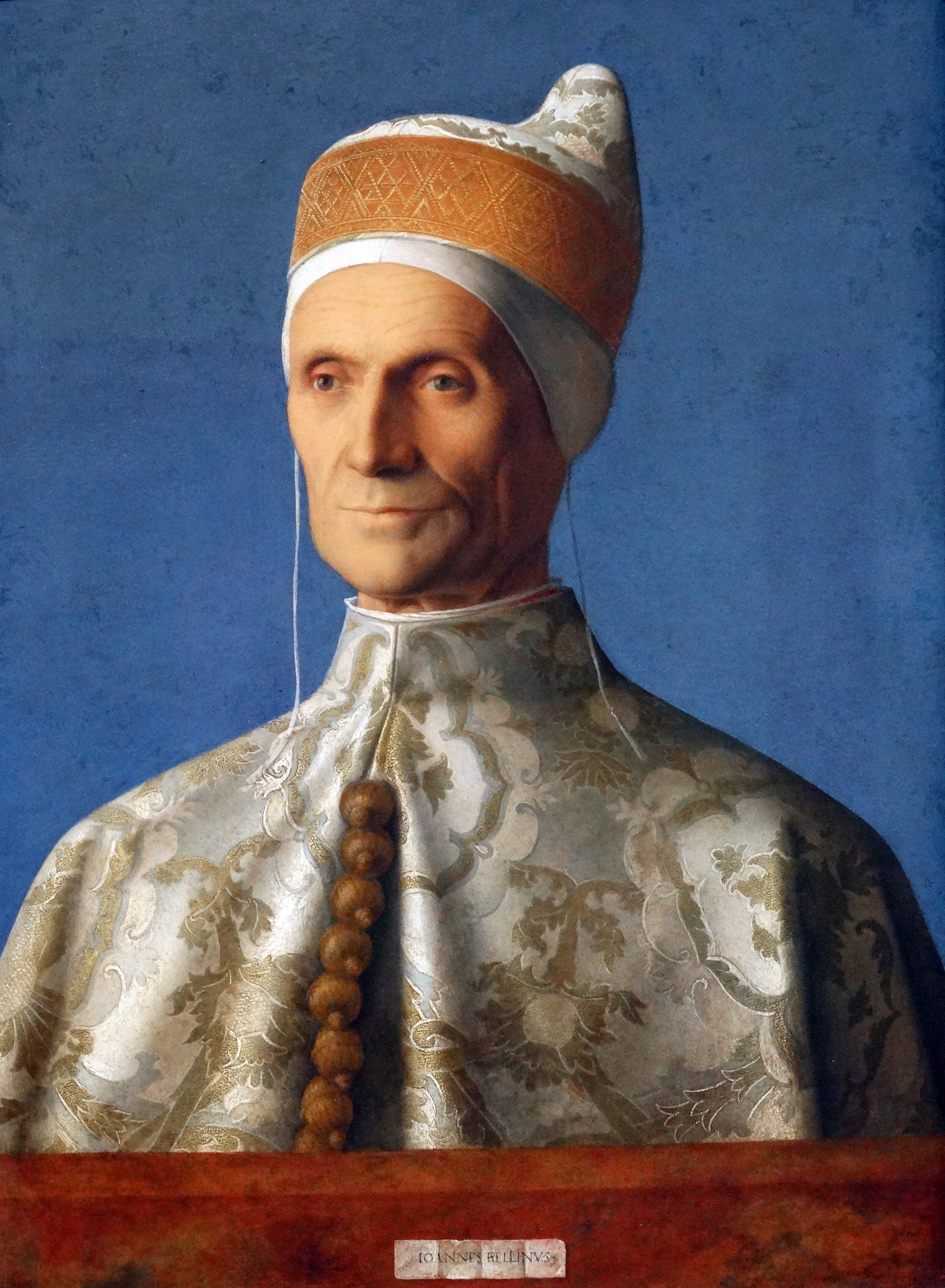
Which possession would you never sell?
My wedding and engagement rings, they’re the most important things.
A book you’ve found inspiring
Antonia Fraser's Mary Queen of Scots, the biography, because that came out when I was 18, and it was a total inspiration. I wanted to be the new Antonia Fraser, and I still have every respect for her — she's a great historian and a very nice lady.
What music do you work to?
I don’t work to music these days — it’s too much of a distraction — but when I’m dealing with emails I put my playlist on, which I spend a lot of time curating, because I’m crazy about music. John Lennon, the [Rolling] Stones, The Killers, ABBA, Creedence Clearwater Revival, David Bowie, Echo and the Bunnymen, Eric Clapton, the Electric Light Orchestra — that’s just a few examples. There’s 11,084 songs on this list…
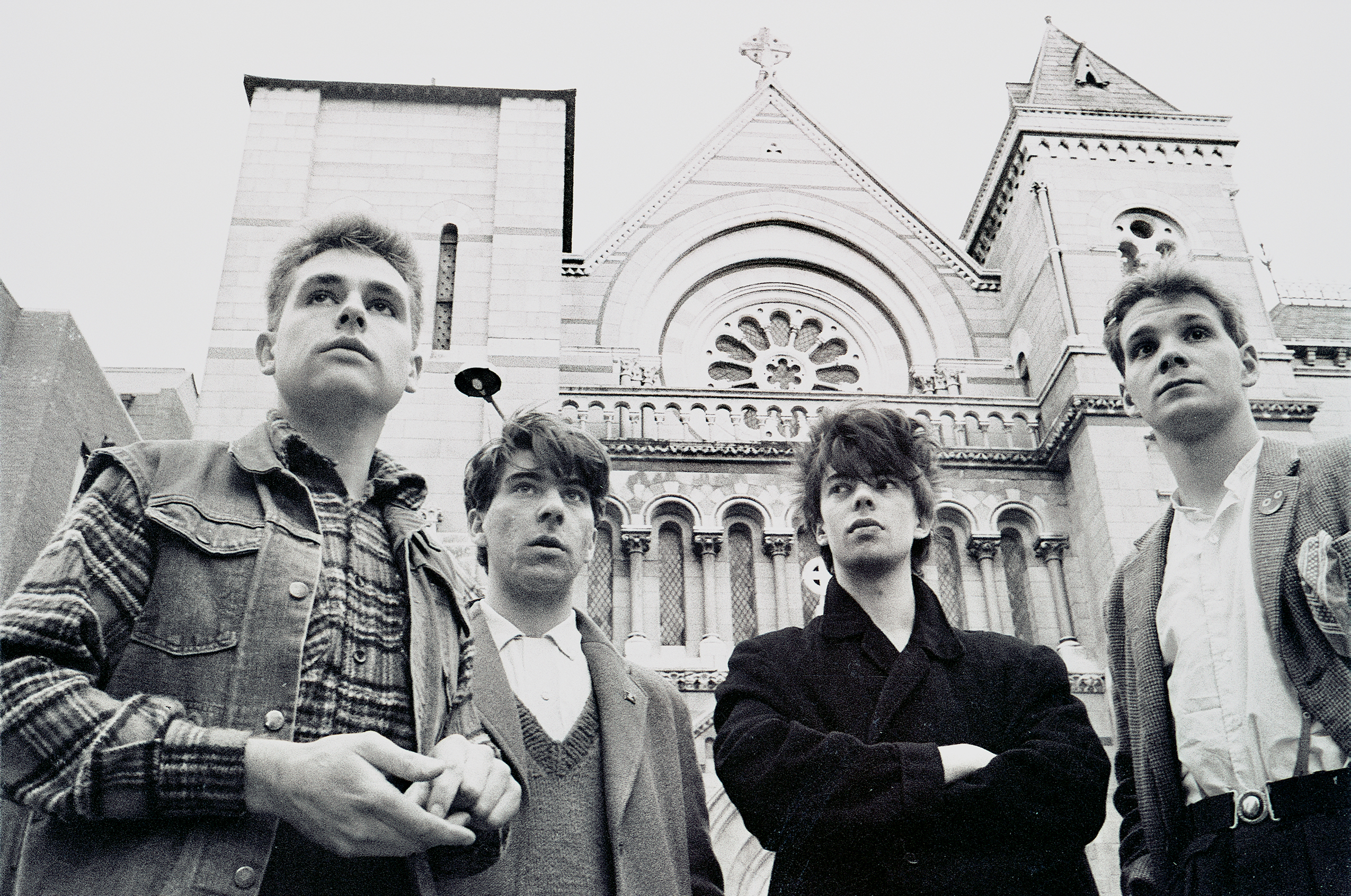
Echo and the Bunnymen, outside St Ann's Church in Dublin 1982.
What was the last podcast you listened to?
None. I’ve never listened to any, not even The Rest is History — I’ve done them but I haven’t listened.
Who would play you in a film of your life?
Rebecca Fleming, I like her, but she probably wouldn’t look like me at all, but a good actor can play anyone.
What would you take with you to a desert island?
Lots of books, Scrabble, a pack of cards and James Norton. Oh, and some wine.
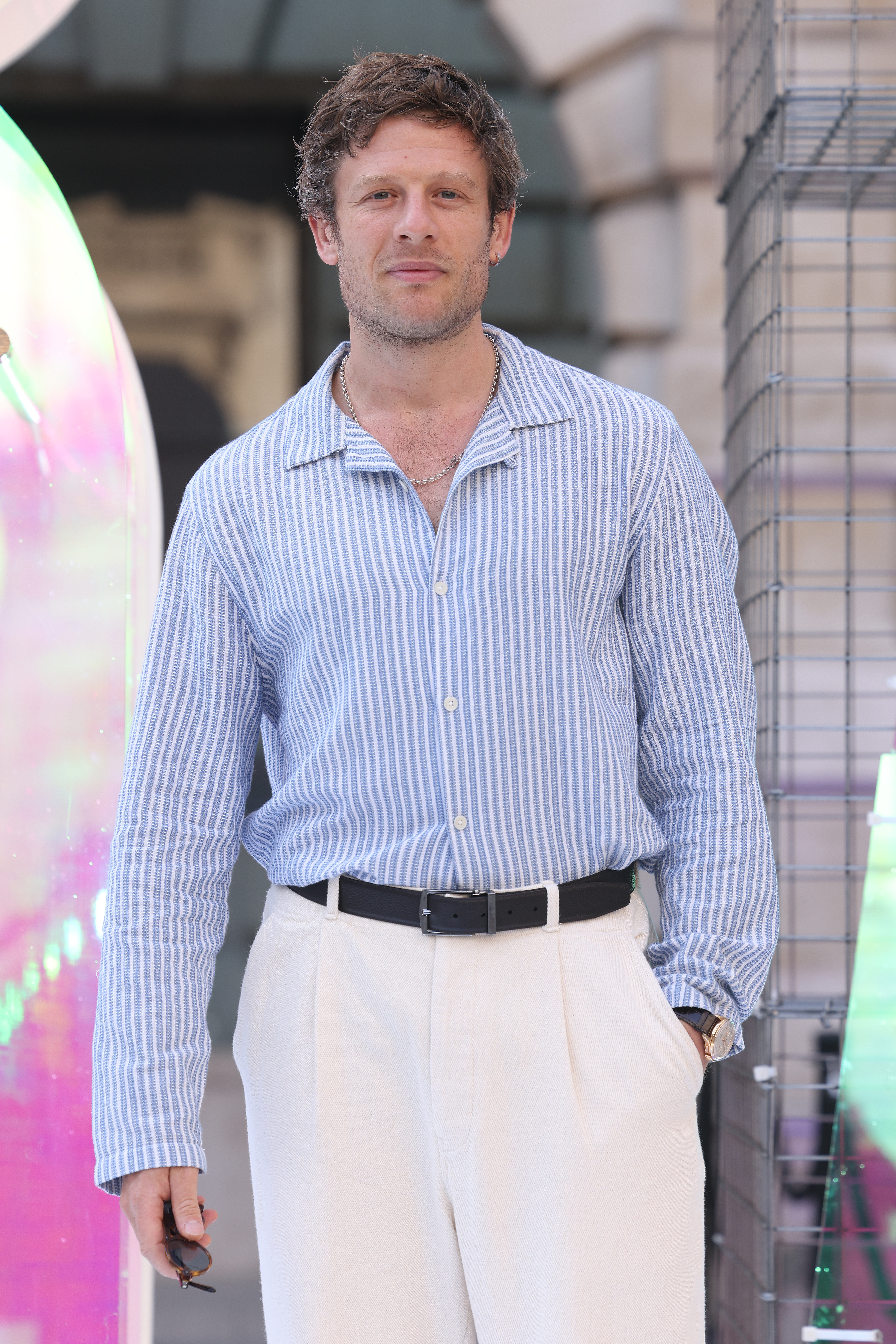
James Norton in June, at Burlington House in London.
What gets you up in the morning?
All I’ve got to do, but I do like a long lazy lie-in at the weekend.
Do you collect anything?
Yes, I collect a lot of books, I collect jigsaw puzzles — I like those, but I don't have time for them — I collect jewelry: I'm an absolute hoarder. And I collect the music of people I really like. I have a lot of CDs.
A hotel you could go back and back to
Château de Saint Paterne, near Alençon in Normandy, France. My daughter works for Mr & Mrs Smith, so she visits a lot of nice hotels and she recommended it. We’ve been back several times, I couldn’t praise it highly enough. That would be my go-to place.
A post shared by Sawday's | Special places to stay (@sawdaystravel)
A photo posted by on
What’s the most memorable meal you’ve ever had?
It was at the Lords Of The Manor Hotel in Upper Slaughter in the Cotswolds, and it's absolutely superb, and also very expensive. We've had family occasions there to celebrate something really special, like my daughter's 40th. The whole thing is a wonderful experience.
What’s the best present you’ve ever received?
Something that my son chose, a lamp for our 25th wedding anniversary.
Alison Weir’s latest book, ‘Queens at War', is on sale now. Alison will be speaking at Stratford Literary Festival, which runs from October 30–November 2. Book tickets and find out more information on their website.
Lotte is Country Life's Digital Writer. Before joining in 2025, she was checking commas and writing news headlines for The Times and The Sunday Times as a sub-editor. She has written for The Times, New Statesman, The Fence and Dispatch magazine. She pens Country Life Online's arts and culture interview series, Consuming Passions.
